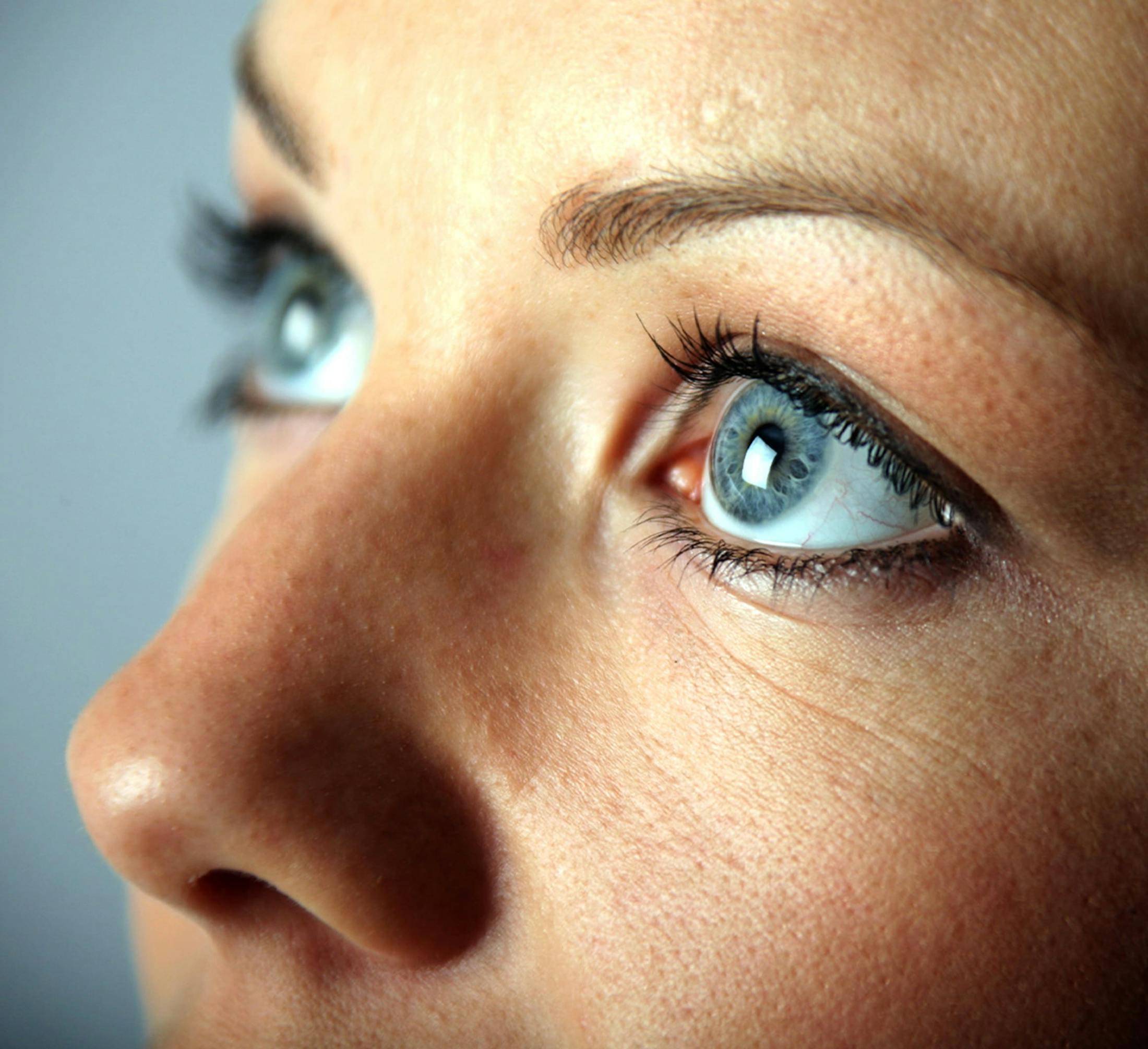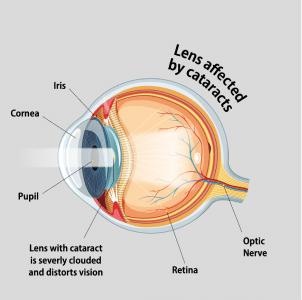Protect your vision and maintain healthy eyesight, even with diabetes, under one of the region’s most trusted surgical eye specialists.
Diabetic eye disease is an umbrella term that covers several vision-threatening conditions linked to diabetes, the most common of which is diabetic retinopathy. This occurs when chronically elevated blood sugar damages the retina's network of tiny blood vessels, causing them to leak fluid or grow abnormally.
Over time, these changes can blur or distort vision, and, in severe cases, lead to permanent blindness. Other conditions under the diabetic eye disease umbrella include diabetic macular edema (swelling of the macula due to fluid leakage), cataracts, and glaucoma—all of which can develop or worsen more quickly in individuals with poorly managed blood sugar.
Early detection is key. Many forms of diabetic eye disease don't exhibit noticeable symptoms in their initial stages, so consistent monitoring by an experienced eye care professional is vital. By catching potential issues early, the likelihood of preserving healthy vision increases dramatically.










